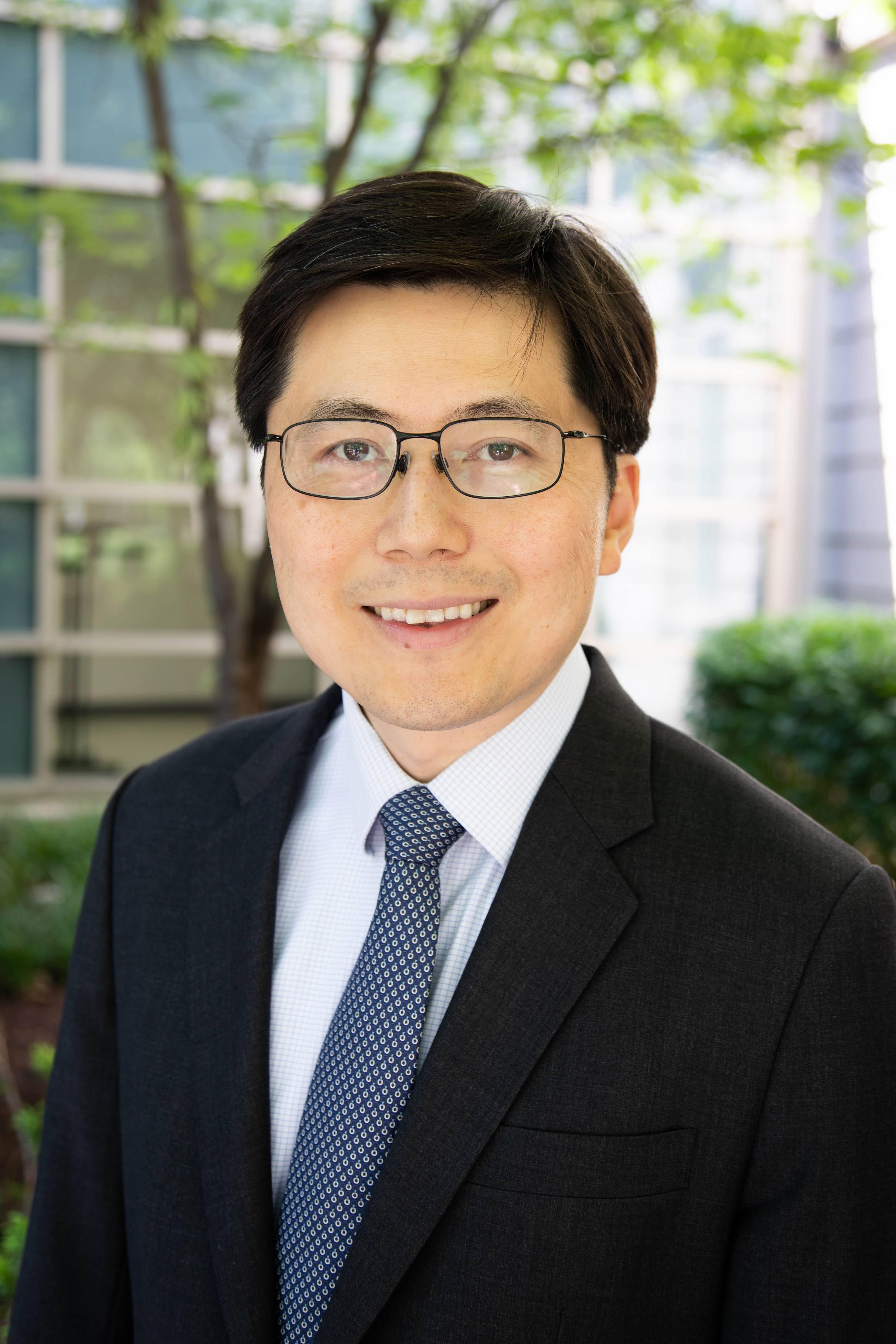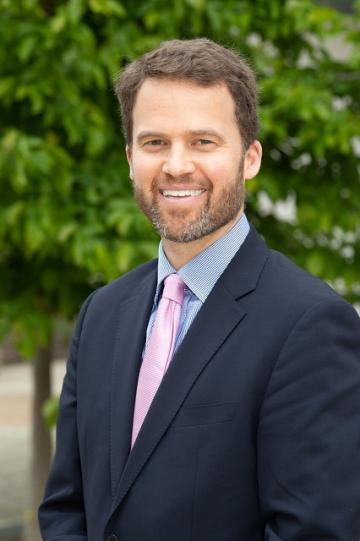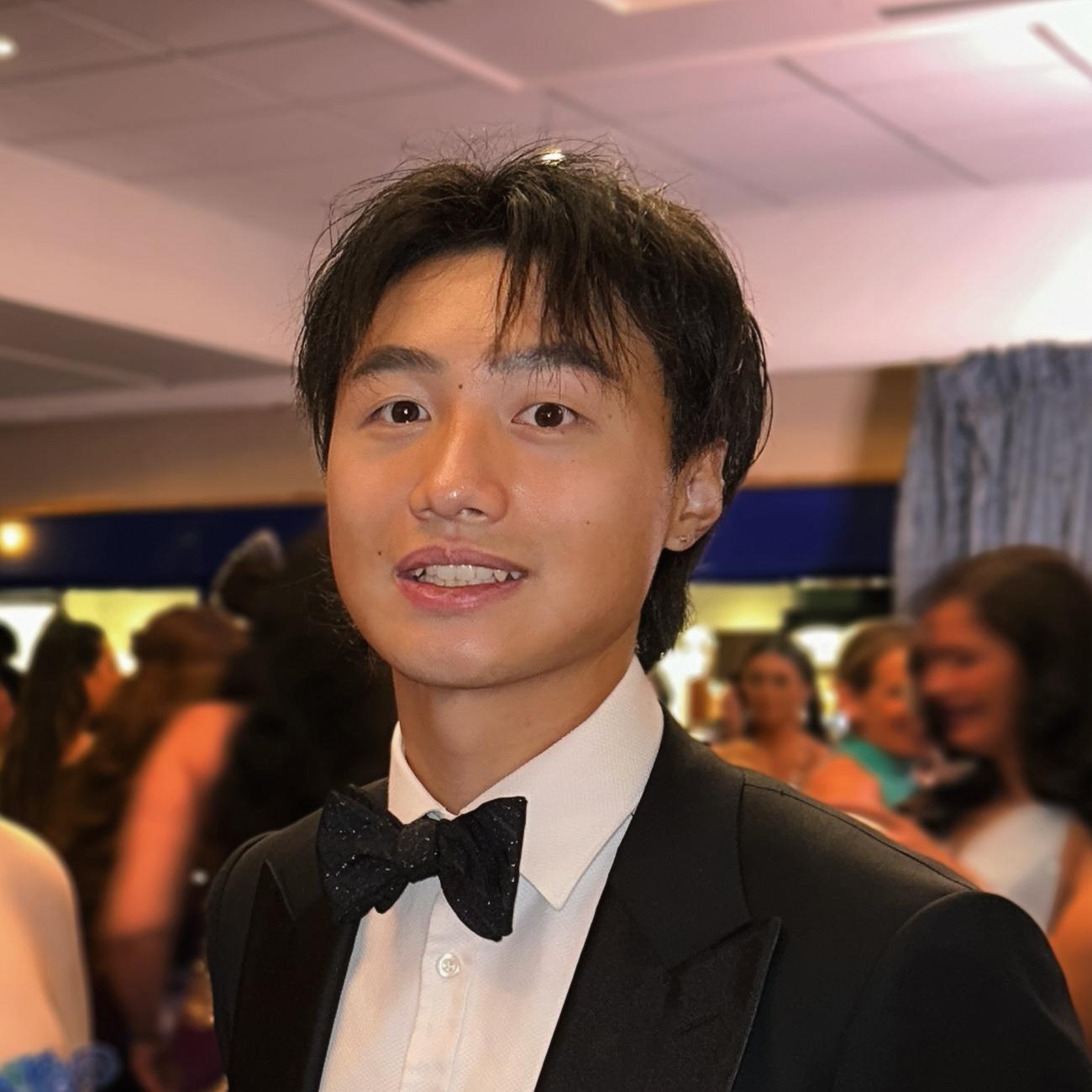The Possibilities of Constitutional Education
Speaker(s):
Series:
Associated with:
Abstract
Constitutional scholarship has traditionally focused on formal constitutional actors: courts, legislatures, and executives. These actors are often regarded as primary sources of constitutional law, or in some cases, as final arbiters of constitutional meaning. More peripheral in this literature are actors thought to transmit what courts and high officials have established. These constitutional educators, including law professors, legal journalists, and civics planners, are often overlooked for defensible reasons: they lack the normative authorities of formal institutional actors, and they do not exercise power as it is often understood in public law.
This talk will advance a general theory of constitutional education to show what is possible through centering the output of constitutional educators. In an age of global constitutional change and local constitutional upheaval, constitutional education can shed light on basic questions of constitutional order. The analytic value of constitutional education lies not in studying it in isolation, but from examining how primary constitutional research subjects—texts, ideas, methods, decisions, and reasons—are refracted through a distinct set of downstream epistemic actors. Focusing on two case studies, the United States and China, the talk will focus on how the study of constitutional education can illuminate the functions of authoritarian constitutions, the construction of constitutional culture, and the dynamics of constitutional change. In so arguing, it will also suggest that certain constitutional patterns may transcend divisions between autocracy and democracy, constitutions and constitutionalism.
Speaker Biography

Professor Mark Jia is Associate Professor at Georgetown Law. He is a scholar of comparative and transnational law, with particular focus on the United States and China. His scholarship has been or will be published in the University of Chicago Law Review, the New York University Law Review, the University of Pennsylvania Law Review, the Texas Law Review, and other journals. He is a winner of the 2022 Mark Tushnet Prize from the Association of American Law School’s Section on Comparative Law, the 2024 Scholarship Prize from the American Society of International Law’s International Law and Technology Interest Group, and the 2025 Privacy Papers for Policymakers Award from the Future of Privacy Forum. Professor Jia was formerly a law clerk to Justice David Souter and Justice Ruth Bader Ginsburg of the U.S. Supreme Court and Judge William Fletcher of the U.S. Court of Appeals for the Ninth Circuit. He is a graduate of Princeton University, Oxford University, where he studied as a Rhodes Scholar, and Harvard Law School, where he was Articles Co-Chair of the Harvard Law Review.
Discussant Biography

Matthew S. Erie (J.D., Ph.D.) is an Associate Professor of Modern Chinese Studies and Associate Research Fellow of the Socio-Legal Studies Centre at the University of Oxford. Professor Erie’s interdisciplinary work combines law and anthropology to expand the theoretical bases and empirical borders of comparative law, with a particular focus on Chinese law, Islamic law, and Asian law, more generally. Specifically, he has written on Chinese domestic law (e.g., property law, constitutional law, and ethnic and religious policy) and international law (e.g., dispute resolution, conflict of laws, anti-corruption law, and investment law). His work has either appeared in or is forthcoming in such journals as the Harvard International Law Journal, Virginia Journal of International Law, American Journal of Comparative Law, Law and Social Inquiry, and American Ethnologist. His first book, China and Islam: The Prophet, the Party, and Law (Cambridge University Press, 2016), is the first ethnographic study of the relationship between sharia and state law in China. His current research project “China, Law and Development,” funded by a European Research Council Starting Grant (€1.5 million), examines China’s approach to building cross-border order through international economic law and the regulatory regimes of developing host states. Professor Erie previously held academic positions at Princeton University and New York University Law School, and he was a visiting scholar at the National University Singapore Law Faculty. He practiced law at Paul Hastings LLP in New York and Beijing, and is a member of the National Committee on U.S.-China Relations and Co-Chair of the American Society of International Law's Asia-Pacific Interest Group.

Mr Wenjie Xu is a DPhil candidate in the Faculty of Law at the University of Oxford. Before coming to Oxford, Wenjie completed his Master of Laws degree at Tsinghua University. He also holds a BA in literature and an LLB. Wenjie's research interests span a wide range of issues within constitutional law and constitutional theory. His doctoral thesis examines the conceptions and practices of sovereignty in modern China. His other recent works discuss topics such as the evolving role of Party institutions in the functioning of formal constitutional structures.


 Add to calendar
Add to calendar


